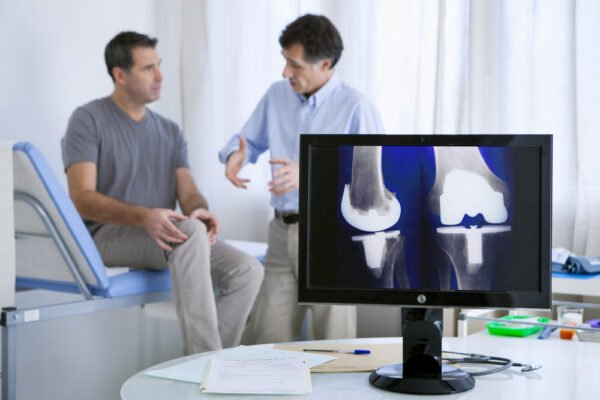7 Signs and Symptoms that Indicate it is Time to Consult an Orthopaedic Surgeon

Orthopaedic Surgeon
Is your stiffness or hip pain leading you in believing that you may require surgery? Below is a list that comprises of seven signs that show it is time to take the help of an orthopaedic. If you are facing any of these signs, consult with an orthopaedic right away.
- Pain Interferes with Day to Day Functioning- Day to day functioning can include a lot of activity such as walking, sitting and getting up from a chair or a bathtub, climbing stairs and much more. The pain should be recurring or persistent over an extended period. Having a hip pain occasionally is normal yet if the pain is long-term and severe and compromises the daily routine you need to consult an orthopaedic right away. After all, you will not want debilitating pain resulting in depression and extended inactivity.
- Stiffness or Pain that Hampers the Performance of your Activities that Include Laying Down or Extensive Sitting- Do you face difficulty watching television in one stretch or sitting in your car at a time over an hour? Do you face trouble while sleeping due to severe pain? If yes, it is time to speak to an Orthopaedic to get it resolved.
- Morning Stiffness- Stiffness that continues for more than 30 minutes is a sign of rheumatoid arthritis which is a severe inflammatory condition which affects the little joints present in the feet and hands. If the condition is severe take the help of an Orthopaedic to learn about the different treatment options. To know more, check Dr Looi Kok Poh site.
- Cane, Nonsurgical Intervention or Any Other Walking Aid Fails to Help- Are you under medication or taking injections for curing stiffness and pain? Are you using a walker or a cane? Remember going for a hip replacement will be the final resort to cure hip stiffness and pain but this may become necessary eventually. Your physician will try all means to delay the surgery in favour of a less invasive cure. But if these treatments fail to work, surgery will be the last choice.
- Damaged Bone- You may not be aware that one of your bones is damaged. Your orthopaedic surgeon will conduct an exam, perform an x-ray or any other imaging such as an MRI as well as perform physical tests. An x-ray will help to indicate changes in the shape or size or other unusual occurrences while the MRI will help in detecting the early phases of the disease.
- Stiff or Swollen Hip- Is your hip swollen? Do you face stiffness? Swelling or stiffness in the hip can result from different conditions like bursitis which do not need surgery. But if there is severe pain, it is best to consult an orthopaedic to get it checked.
- Hip Joint Breakdown- a Bone tumour, fracture or injury in the hip, avascular necrosis or osteonecrosis, rheumatoid arthritis or osteoarthritis can lead to a hip joint breakdown. If this happens, a hip replacement surgery will be needed.
Next time you experience any of these symptoms get in touch with an Orthopaedic at the earliest.





